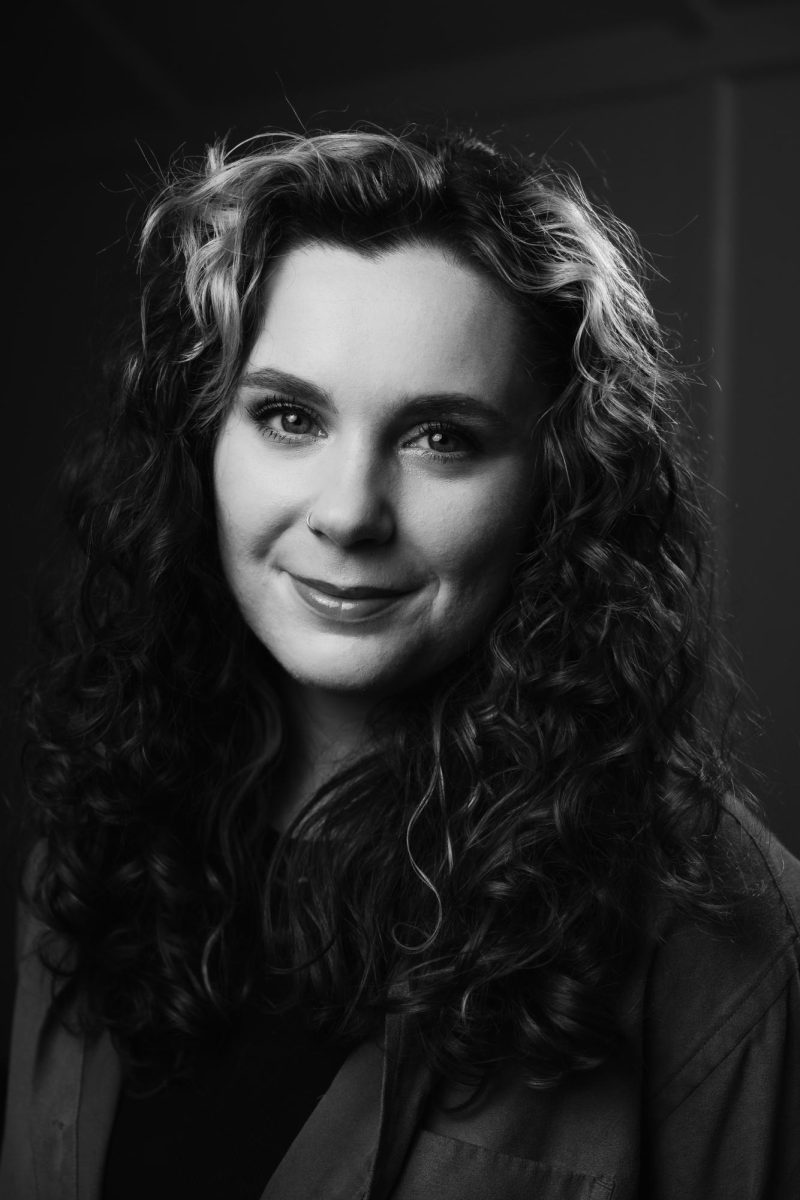If people hate you, tell them you’re Canadian
February 26, 1999
I was sitting around doing homework listening to some delightful British pop by Blur. I usually don’t pay attention to song lyrics. They often disappoint, and it isn’t a good idea to take advice from the people in the biz.
I started listening for a moment just in time to catch the following: “Looking for America with its guilty lives and suicides, where the TV says it’s all right ’cause everyone’s strung out on something or other.”
I had been enjoying the CD for some time never realizing I was being made fun of. I thought “Hey, what are these limeys getting at?”
It was like turning on the news to see an angry mob in another country burning U.S. flags and dolls of the president on a noose.
Your first thought is the people must be crazy; otherwise they wouldn’t have anything against Americans.
When I got over my indignation, I started to think about Blur’s criticism and decided it wasn’t entirely unwarranted. Despite Bobby McFerrin, there is a lot of guilt going around.
Our suicide rate is pretty high for industrialized nations, and we don’t have seasonal affective disorder to pin it on like the Swedes. TV shows work out their problems in an hour.
It occurred to me this was more than a trans-Atlantic mud-slinging. It was a window into the root of all problems in human discourse. It is very difficult for us to comprehend why others don’t like us.
I have a solution to this problem that gels with the times. In the spirit of new math and diversity requirements, I propose everyone be forced to take classes from kindergarten to twelfth grade on “Why people don’t like them.”
Not that kids should learn why people don’t like them personally. There is always that kid everyone would like better if he didn’t work the fact that his dad has a Porsche into every conversation.
I’m talking more globally. U.S. involvement in regions of the world should be taught in school.
History classes always focus on what is happening here in the states. Rarely do they hand out the dirty details about the Spanish-American War, occupying the Philippines, monkeying with South America or trying to decide whether we like Iran or Iraq better.
If people knew more about how our government likes to screw people over, they would have a better sense of why people don’t like Americans.
Historical lessons can help us get beyond the superficial to the real reasons for tensions between other groups of people. The question of what came first, self-centered European nobles or religious schism is not nearly as open to debate as the chicken vs. the egg.
Also, foreign perception of Americans should be taught. Part of the reason Cuba is such a vacation hot spot goes beyond the beaches.
Europeans like to go there because it is one of the few places Americans aren’t allowed.
This is not to say that Europeans don’t have their own behavioral problems, but Americans like to think that the Constitution travels wherever they go.
Remember Timothy Fay, the guy who got busted in Singapore for vandalizing cars? He was sentenced to a beating which is standard fare in Singapore.
There was public outcry in the U.S. People thought this was an insult to the U.S. Clinton appealed to have the sentence changed. He got the sentence reduced by two or three cane smacks.
Clinton’s appeal however was an insult to Singapore. Why should they let Americans do whatever they want in their country when the consequences are well known? With the insight provided by my education plan this could be avoided.
Teaching holistic thought in schools could reduce the number of lawsuits. I bet it would cut the number of Republicans in half, too.
You should never feel bad about who you are, but it is important to evaluate your actions from time to time.
You might decide there are things you can change that make life easier for everyone. Maybe you’ll decide the criticism you receive is ill-founded, but after you’ve thought about it awhile it will be much easier to say “put it in your pipe and smoke it.”
Erik Hoversten is a senior in mathematics and physics from Eagan, Minn. He thinks “Mr. Bean” is the high point of British culture.
















